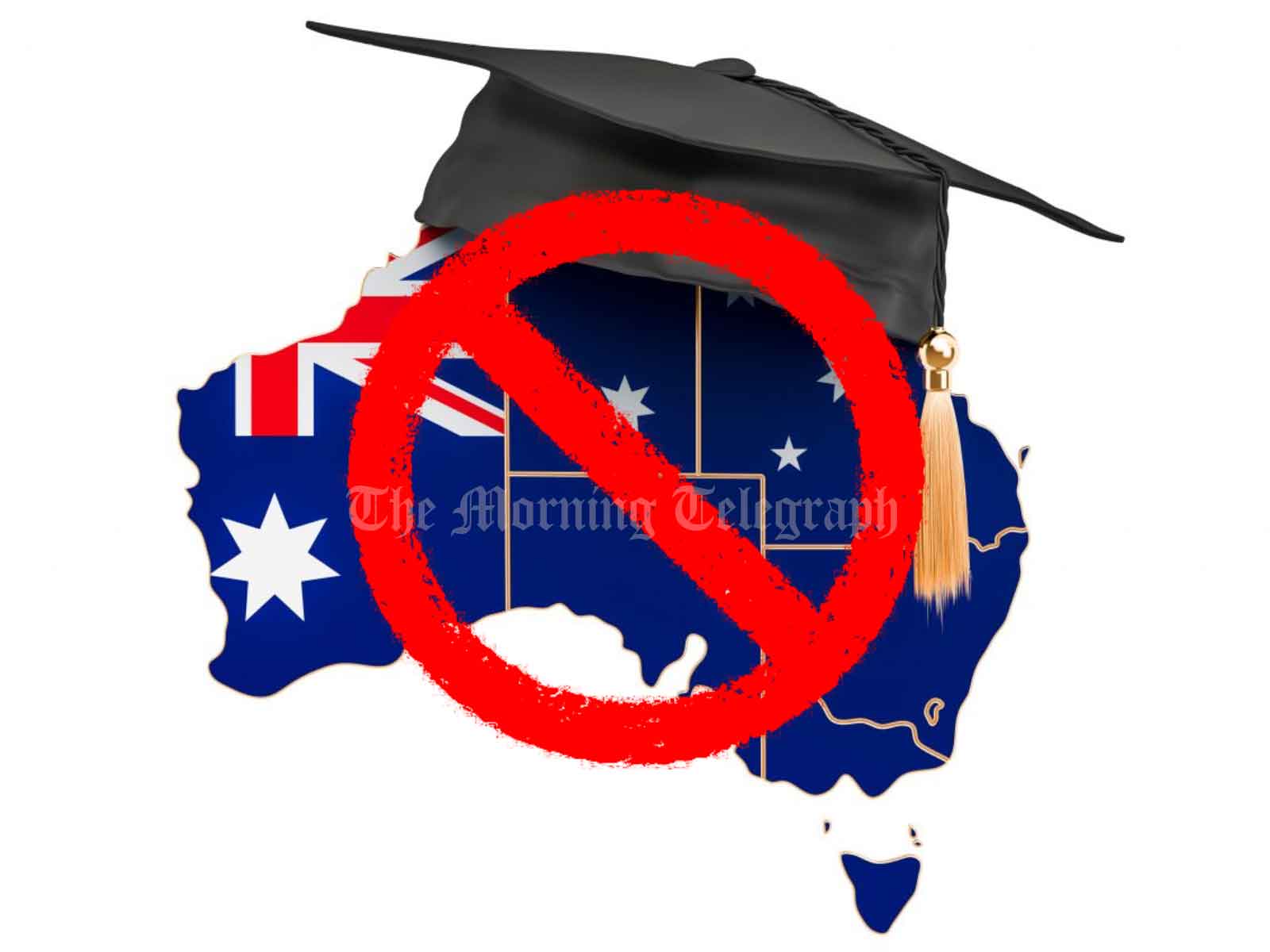
Australia is poised to impose new restrictions on the number of foreign students allowed to study in the country as part of efforts to manage immigration levels. For 2025, the Australian government has set a cap of 270,000 new enrollments for international students, marking a significant reduction from previous figures.
This new policy will allocate a specific enrollment cap to each higher education institution, a move that has sparked criticism from the tertiary education sector. Many universities have described the limits as an “economic disaster,” fearing that it will impact their financial stability and academic diversity.
Currently, Australia hosts approximately 717,500 international students, with numbers expected to rise by early 2024. Education Minister Jason Clare acknowledged the challenges faced by the higher education sector during the COVID-19 pandemic, which included sending students back home and imposing stricter border controls. Despite these challenges, the sector has seen a 10% increase in foreign student numbers compared to pre-pandemic levels and a 50% increase in private professional and training providers.
However, Clare also highlighted concerns about exploitation within the industry, including issues such as enrolling students lacking sufficient language skills, providing inadequate education or training, and attracting individuals primarily interested in working rather than studying.
The government argues that the new restrictions aim to enhance the quality and integrity of Australia’s higher education sector while addressing the country’s record immigration levels, which have placed additional strain on housing and infrastructure.
Under the new policy, enrollments at state universities will be adjusted to 145,000 for 2025, aligning closely with 2023 levels. Private universities and non-university higher education providers will be limited to 30,000 new foreign students, and vocational education and training institutions will be capped at 95,000 new enrollments.




